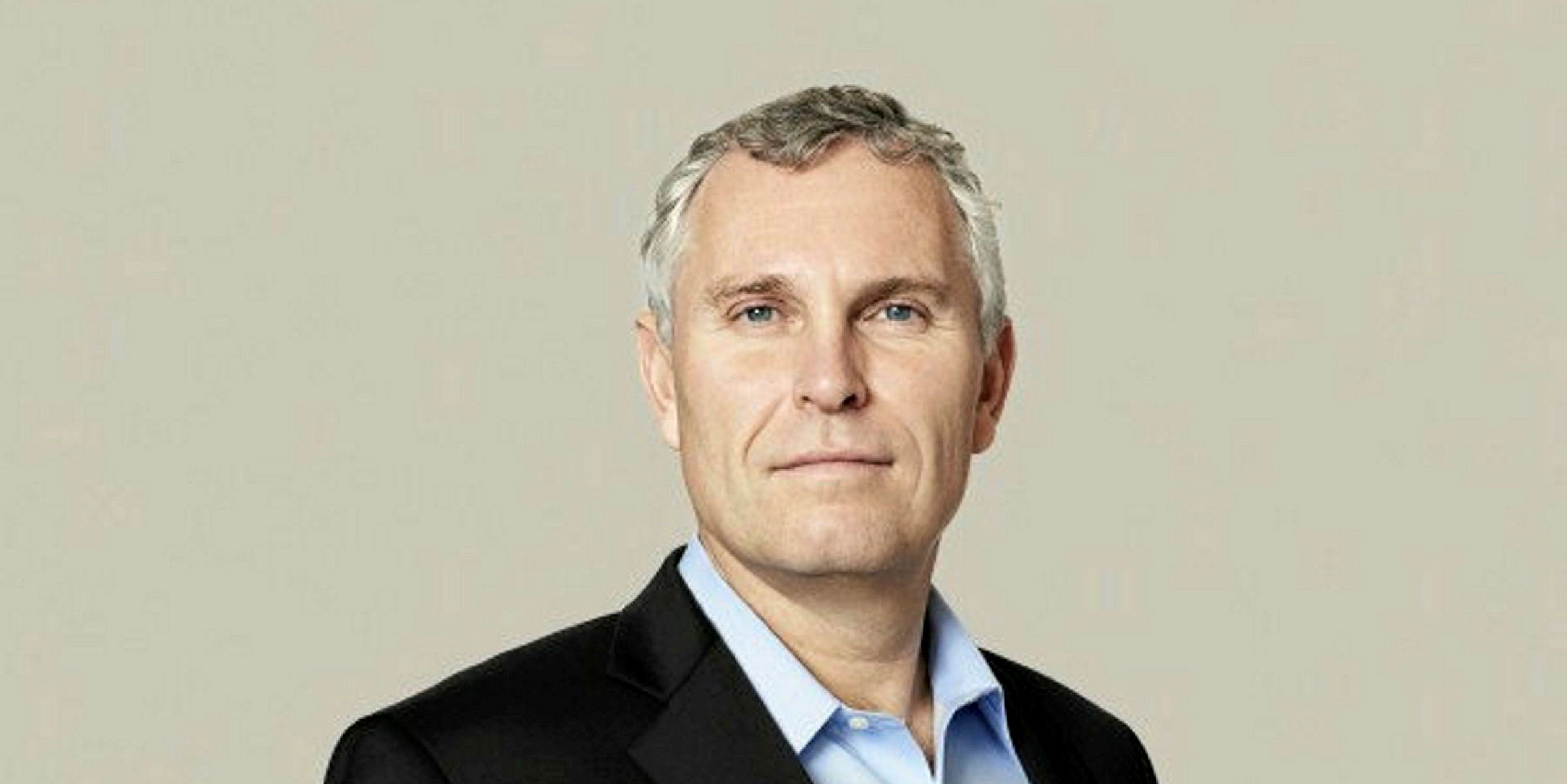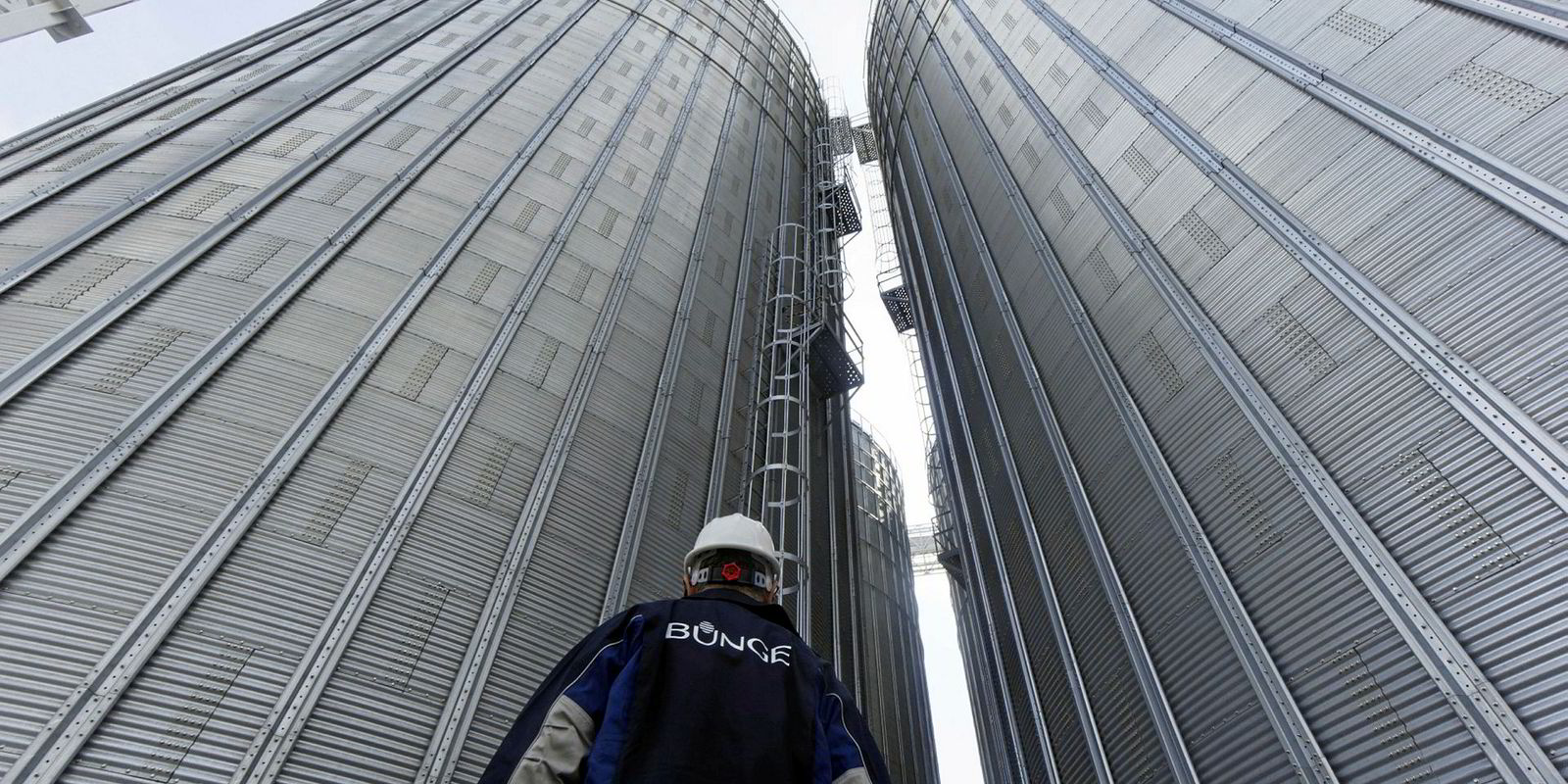US bulker charterer Bunge has found a sweet spot in energy production.
The agricultural commodities trader is partnering with energy giant BP to create a Brazilian bioenergy company focused on turning sugar into biofuels.
Bunge will receive $775m — $700m in collateral debt and $75m from BP — through the a 50-50 joint venture called BP Bunge Bioenergia.
Bunge said the proceeds will be used to lower outstanding indebtedness under its credit facilities, resulting in a stronger balance sheet and greater financial flexibility.
"This partnership with BP represents a major portfolio optimization milestone for Bunge which allows us to reduce our current exposure to sugar milling, strengthen our balance sheet and focus on our core businesses," Bunge chief executive Gregory Heckman said in a statement.
"We have a strong, committed partner in BP, as well as flexibility in the medium and long term for further monetisation, with full exit potential via an IPO or other strategic route."
The joint venture, expected to be based in Sao Paolo, Brazil, will operate on a stand-alone basis with 11 mills across Brazil's southeast, north and midwest regions.
The mills, able to crush 32 million metric tonnes of cane per year, will make ethanol and sugar as well as renewable electricity from sugar cane waste biomass for sale to Brazil's power grid.
"In one step, this agreement will allow BP to significantly grow the size, efficiency and flexibility of our biofuels business in one of the world's major growth markets," BP Alternative Energy chief executive Dev Sanyal said.
Mario Lindenhayn, president of BP's biofuels division, will serve as the joint venture's executive chairman.
Geovane Consul, vice president for sugar and bioenergy at Bunge South America, will be its chief executive.





